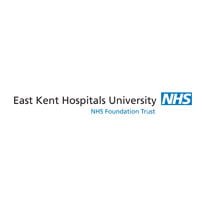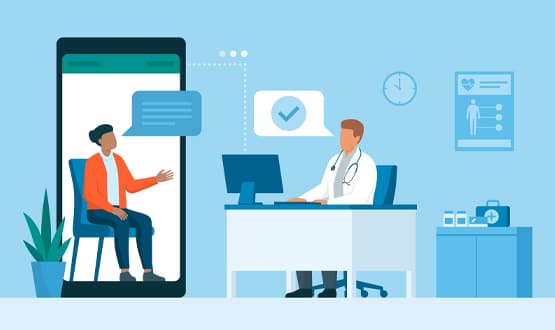East Kent trials Notify
- 17 September 2013

East Kent Hospitals University NHS Foundation trust will alert medical staff in real time about acute kidney injury patients, starting this month.
The trust is the first to trial the new Notify application from DocCom.
East Kent Hospitals renal research registrar Dr Michael Bedford said the trust is trialling the mobile medical alerting service to let medical teams know when a patient has an acute kidney injury.
He said there has been a lot of focus in recent years on AKI due to recognition that it is not recognised and managed well, leading to bad outcomes for patients.
The trust set up a system for alerting teams about AKI patients based on their pathology results, however this was always a day behind and relied on staff logging in to see lists of patients and then alerting other relevant staff.
Dr Bedford explained that the trust worked with DocCom to develop a system that works in real time and notifies the relevant staff involved in a patient’s care directly via a mobile device, rather than relying on phone calls, pagers or bleeps in busy hospitals.
“As soon as the kidney blood test becomes available, within two minutes our system will assess it and compare to previous tests to see if it’s AKI and if it is, alerts are sent out via the DocCom platform,” he told EHI.
Different sets of people are alerted if a patient is identified as being in stage one, two or three of AKI. Follow-up alerts let them know about any changes to their condition or whether further blood tests need to be ordered.
Once alerted, the medical team, often spread across multiple sites, can discuss the next steps via a social media system of messaging and responding. This keeps everyone in the loop about a patient’s care and ensures that advice given is documented.
“The problem previously was when a renal consultant gave advice to the medical team and I know they have given advice, but when I review the notes, there’s no documentation of anything,” said Dr Bedford.
“This now goes into the feed and instantly the medical team will be able to see it and everyone knows what has been said and done.”
The alerting system is about preventing the progression of AKI because managing it is relatively simple once identified, he added.
Within the trust, all junior doctors are provided with iPods, while outreach nurses and consultants have iPads.
In the future, the alerting system will work on all mobile devices.
Initial testing is with a few medical teams, but if all goes well, the aim is to roll it out across all teams in the trust.
DocCom founder Dr Jon Shaw said the NHS is heavily reliant on out of date technology such as pagers and bleeps for communication. Problems communicating mean patients are often waiting around in hospital beds for things to happen.
DocCom models itself on modern social media networking based on connecting groups of people and facilitating information sharing and discussion. All the information is encrypted and secure and it can link into clinical information systems such as radiology and pathology to allow data to be pushed out to frontline staff.
“We need to turn healthcare delivery on its head with information driving care by getting to the right person at the right time, that’s all about getting critical data in front of the clinician and allowing them to rapidly confer and make decisions about each individual patient,” said Dr Shaw.




